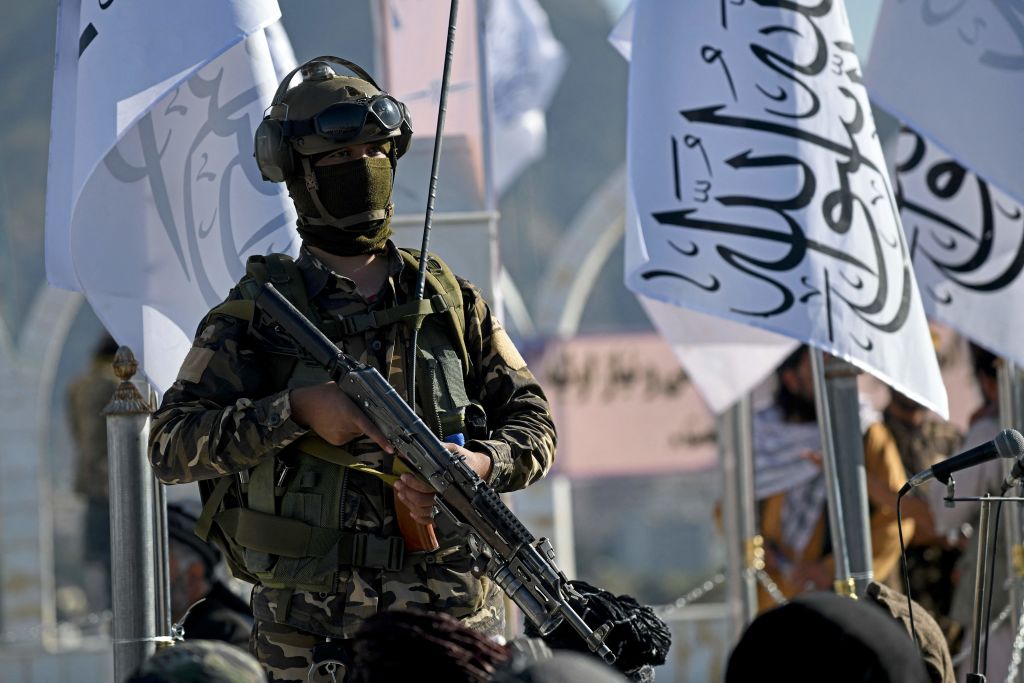The Biden administration’s proposal to release $6 billion in frozen funds to Iran in return for five American prisoners has stirred division in Washington

While the initiative seeks to free detained American citizens, critics argue it portrays the US as vulnerable and believes the funds could bolster Iran’s military activities.

Background:
In 2018, Washington froze $6 billion from Iran’s oil sales to South Korea after the Trump administration withdrew from the Joint Comprehensive Plan of Action (JCPOA). Since then, the Biden administration has taken diplomatic steps with Iran, including the potential revival of the JCPOA.

Republican Criticism:
In the backdrop, GOP critics caution against merging the prisoners’ release with the funds, suggesting it encourages Iran’s aggressive tactics. Rep. Michael McCaul (R-Texas) voiced concern over the possible misuse of the funds, remarking, “The $6 billion…[will] prop up their proxy war, terror operations, and their nuclear bomb aspirations.”

The US State Department insists that the funds, set to be held in a Qatari bank, will be strictly allocated for humanitarian needs. Despite the assurance, the deal remains under scrutiny. The rising tension between the US and Iran, marked by hostile naval engagements and drone supplies to Russia, only complicates the matter.

Alex Vatanka, director of the Iran program at the Middle East Institute, commented, “It is essentially something they had to do,” emphasizing the importance of de-escalating tensions. Vatanka added that the $6 billion is a fraction of Iran’s frozen assets worldwide, indicating its limited strategic impact. He said, “If anything, it shows you how desperate they are.”






